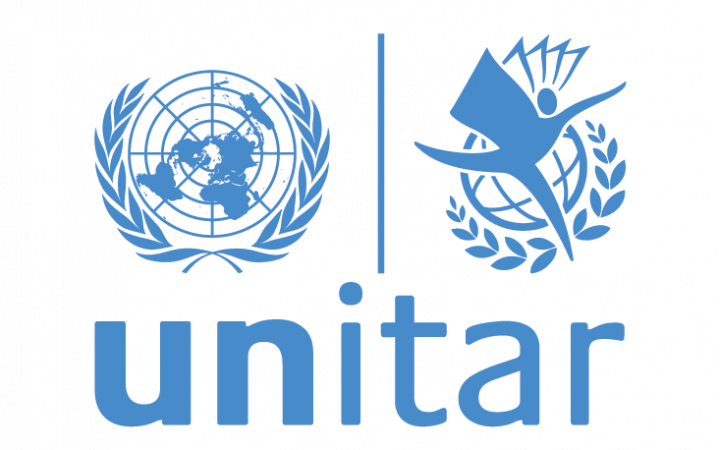1. Youth Entrepreneurship: The Mindset Lessons
The full course includes
- Introduction
- Lesson 1- Identity and Emotional Intelligence
- Lesson 2- Motivation
- Lesson 3- Creativity
- Lesson 4- Resilience
Follow the interactions on each screen or click the arrows to navigate between lesson slides.
Course author
UNITAR

The United Nations Institute for Training and Research (UNITAR) is a dedicated training arm of the United Nations system.
Course overview
This course is the first of three in a series entitled 'Youth Entrepreneurship'. This course on 'The Mindset' includes lessons on important mindsets which form the basis of developing an entrepreneurial spirit. These are: Identity and Emotional Intelligence, Motivation, Creativity, and Resilience. Enroll now and complete the 3 courses on Youth Entrepreneurship created by the United Nations Institute for Training and Research on EdApp!
What you will learn
- Important Mindsets related to entrepreneurship: Identity and Emotional Intelligence, Motivation, Creativity, Resilience.
- Behaviours associated with these mindsets.
- ...and more on Youth Entrepreneurship in the following courses!
The full course includes
- Introduction
- Lesson 1- Identity and Emotional Intelligence
- Lesson 2- Motivation
- Lesson 3- Creativity
- Lesson 4- Resilience
Course Rating
e
E
Goood introduction to the course!
It was very general
